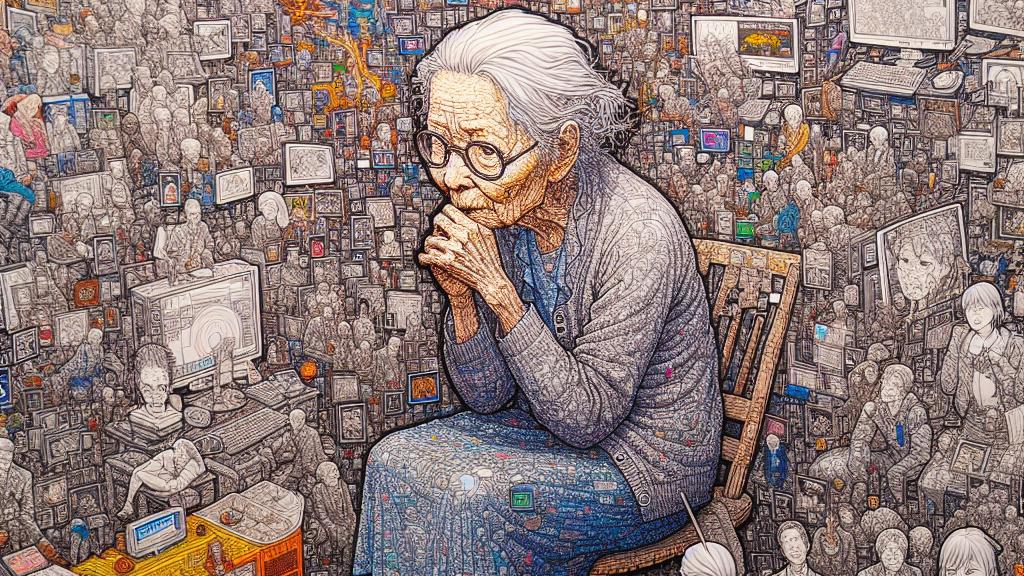Exploring the Meme Phenomenon of Miho 48 and its Origin in 'Self-Neglect'
Overview
- Meet Miho, a fascinating character aged 48 from the manga 'Self-Neglect,' who has taken the internet by storm as a meme.
- This humorous meme delves into serious issues regarding self-care and mental health struggles that many face.
- By examining the deeper context of Miho's story, we unveil powerful insights about societal neglect and personal challenges.

The Birth of Miho 48
In the colorful realm of Japanese digital culture, Miho, aged 48, has emerged as a meme phenomenon, capturing audiences with her poignant story in the manga 'Self-Neglect.' This character, depicted in a strikingly relatable manner, embodies the complex emotions tied to personal failure and hopelessness. Imagine a single image that communicates despair; this image resonates with countless individuals who feel overwhelmed in their lives. While the original manga may have garnered only a modest following, the meme's unexpected rise to fame serves as a testament to the power of humor to transform serious narratives into relatable content. It's intriguing to see how a slice of life can evolve into a widespread commentary on human experiences and social issues.
Understanding Self-Neglect
Delving into the concept of self-neglect reveals its profound implications, especially through Miho's narrative. Self-neglect can often manifest as a harmful disconnection from one's health and well-being. Miho's backstory unfolds a troubling tale: a woman who suffers the loss of her family and, consequently, her sense of self. Perhaps her story reminds us of people we know or even of ourselves—individuals who face similar struggles in a fast-paced world. Studies show that self-neglect troubles many, particularly those battling mental health challenges. As we explore Miho's life, we awaken discussions about the significance of self-care in overcoming adversity. This revelation becomes vital, for even the smallest steps, like seeking support or practicing self-compassion, can lead to significant improvements in one’s quality of life.
The Cultural Impact of Memes
The Miho 48 meme transcends simple humor; it acts as a mirror reflecting societal attitudes towards mental health and self-care. Through laughter, it encourages important conversations about neglect, both personal and societal. While Miho may elicit a chuckle, her story compels us to think critically: how often do we overlook our own needs or those of others? Consider the diverse testimonies from individuals who share their struggles; they highlight that humor, when rooted in reality, can foster empathy and connection. In this way, the Miho 48 meme becomes more than just a fleeting joke; it serves as a gateway to vital discussions about self-worth, societal roles, and the urgent need to address mental health issues. With such perspectives brought to the forefront, we are urged to confront the often uncomfortable realities of neglect in our lives and take proactive steps to foster understanding and kindness.

Loading...